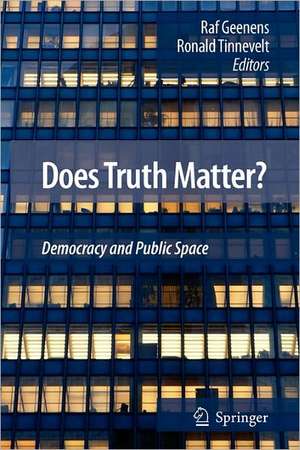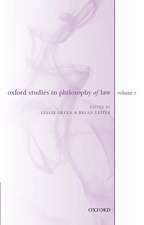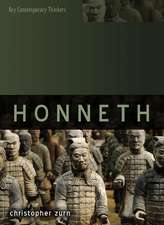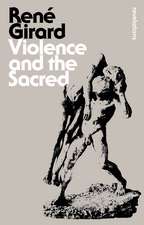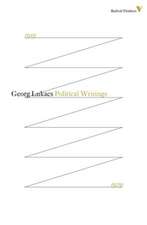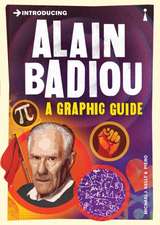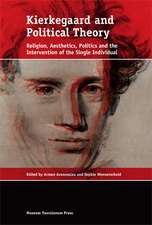Does Truth Matter?: Democracy and Public Space
Editat de Ronald Tinnevelt, Raf Geenensen Limba Engleză Paperback – 19 oct 2010
Because a good understanding of the function, meaning and shortcomings of the public sphere is essential to answering these questions, a good deal of the book addresses these issues.Historically, after all, the idea that citizens have to engage each other in discussion in order to determine the structure and goals of society, is connected to the rational ideal of a public sphere where conflicting views can be expressed, formed, and transformed. But hasn’t the collective decision making in which everyone participates on an equal footing turned out to be a deceptive ideal or a simple illusion? Not every individual in society has equal access to the podium. Furthermore, power, being an inevitable feature of the public sphere, seems to permanently endanger its democratic value. Moreover, the existence of this sphere depends on a specific ethos and particular public spaces where citizens are called upon to present themselves as citizens, as people taking responsibility for their society. It is not clear whether this ethos and these spaces exist at all, and if so, if they preserved their ascribed capacity for constituting ‘democratic’ truth? By answering these questions we expect to deepen our understanding of the relation between truth and democracy.
| Toate formatele și edițiile | Preț | Express |
|---|---|---|
| Paperback (1) | 636.12 lei 6-8 săpt. | |
| SPRINGER NETHERLANDS – 19 oct 2010 | 636.12 lei 6-8 săpt. | |
| Hardback (1) | 642.18 lei 6-8 săpt. | |
| SPRINGER NETHERLANDS – 28 noi 2008 | 642.18 lei 6-8 săpt. |
Preț: 636.12 lei
Preț vechi: 748.38 lei
-15% Nou
Puncte Express: 954
Preț estimativ în valută:
121.72€ • 127.43$ • 100.72£
121.72€ • 127.43$ • 100.72£
Carte tipărită la comandă
Livrare economică 05-19 aprilie
Preluare comenzi: 021 569.72.76
Specificații
ISBN-13: 9789048180042
ISBN-10: 904818004X
Pagini: 208
Ilustrații: XII, 194 p.
Dimensiuni: 155 x 235 x 11 mm
Greutate: 0.3 kg
Ediția:Softcover reprint of hardcover 1st ed. 2009
Editura: SPRINGER NETHERLANDS
Colecția Springer
Locul publicării:Dordrecht, Netherlands
ISBN-10: 904818004X
Pagini: 208
Ilustrații: XII, 194 p.
Dimensiuni: 155 x 235 x 11 mm
Greutate: 0.3 kg
Ediția:Softcover reprint of hardcover 1st ed. 2009
Editura: SPRINGER NETHERLANDS
Colecția Springer
Locul publicării:Dordrecht, Netherlands
Public țintă
ResearchCuprins
The Epistemic Value of Democracy.- Truth and Public Space: Setting Out Some Signposts.- Epistemic Proceduralism and Democratic Authority.- Truth and Democracy: Pragmatism and the Deliberative Virtues.- Folk Epistemology and the Justification of Democracy.- Truth and Power in Modern Politics.- Institutionalizing Democracy.- Truth and Trust in Democratic Epistemology.- The People Versus the Truth: Democratic Illusions.- The Physical Spaces of Democracy.- Does Democracy Require Physical Public Space?.- Cities as Spaces of Democracy: Complexity, Scale, and Governance.- Semi-public Spaces: The Spatial Logic of Institutions.- Transnational Democracy.- Democratization Through Transnational Publics: Deliberative Inclusion Across Borders.- Conceptualizing the Power of Transnational Agents: Pragmatism and International Public Spheres.
Textul de pe ultima copertă
On the political level many seem to agree that democracy doesn’t need foundations, nor are its citizens expected to discuss the worth or truth of their comprehensive conceptions of the good life. And yet we still call upon ‘truth’ when we participate in defining the basic structure of our society and argue why our opinions, beliefs and preferences need to be taken seriously. We do not think that our views need to be taken into account by others because they are our views, but because we think they are true. If in a democratic society citizens have to deal with the challenge of affirming their claims as true, the precise relationship between truth and democracy needs to be analyzed. Does truth matter to democracy and if so, what is the place of truth in democratic politics? How can citizens affirm the truth of their claims and accept - at the same time - that their truth is just one amongst many? In Does Truth Matter? leading academics in the fields of philosophy, sociology and political science focus on the role the public sphere plays in answering these pressing questions. They try to give a comprehensive answer to these questions from the perspective of the main approaches of contemporary democratic theory: deliberative democracy, political pragmatism and liberalism.
Caracteristici
Comprehensive overview of the debate on democracy, power and globalisation Presents different aspects as a coherent whole, instead of as discrete issues Integrates thinking about the principles of democracy with concrete political issues Brings together key authors in the debate Brings together the main approaches of contemporary democratic theory
